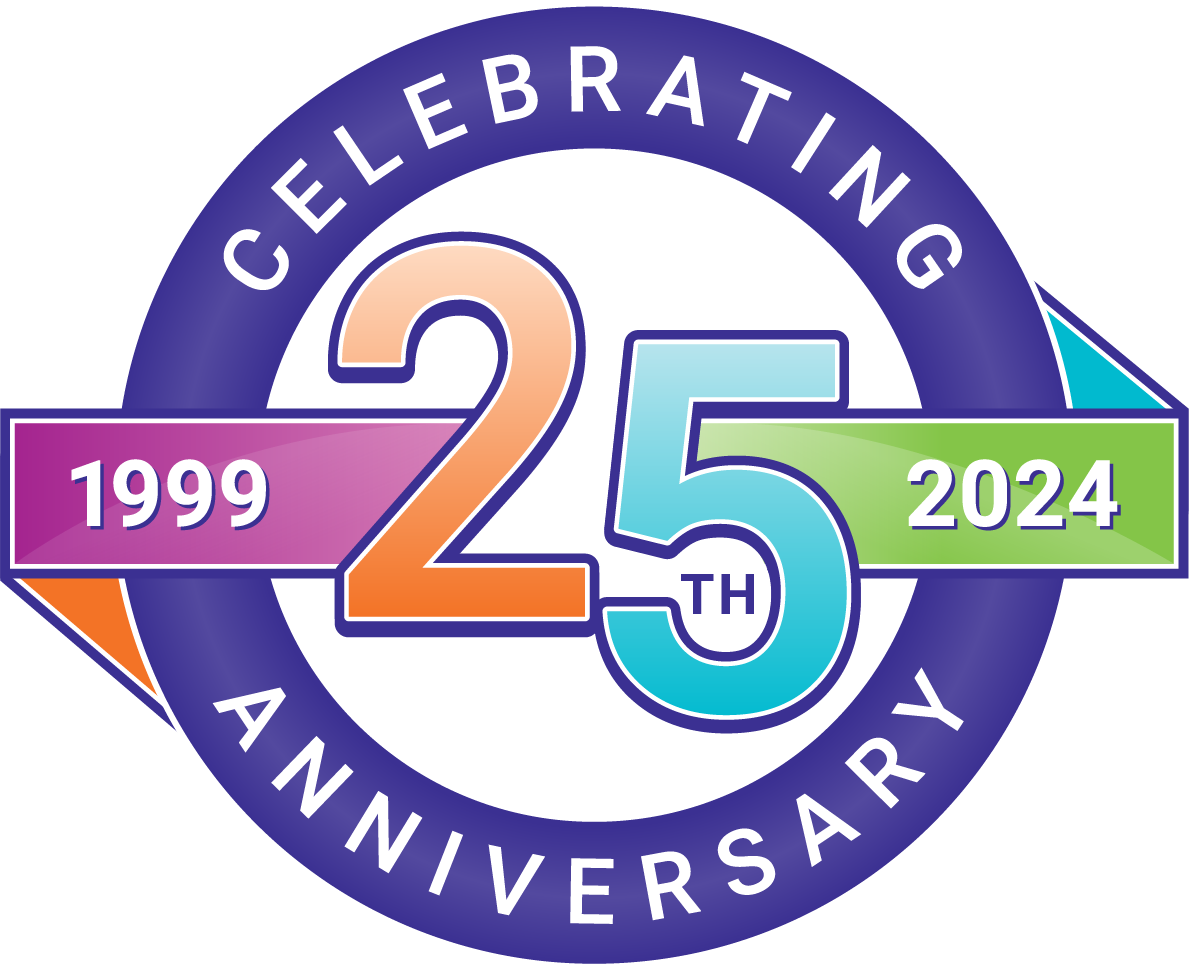Copying in the Library
Library Photocopying Authorized by Section 108
In addition to copying that would fall within the fair-use section of the law, certain additional types of library copying are authorized by Section 108 of the law. These general conditions apply:
- The copy is made without any purpose of direct or indirect commercial advantage.
- The collections of the library are open to the public or available not only to researchers affiliated with the library but also to other persons doing research in a specialized field.
- The copy includes a notice of copyright.
Section 108(d) authorizes the making of a single copy of a single article or a copy of a small part of a copyrighted work in the library's collections, provided that:
- The copy becomes the property of the user;
- The library has no notice that the use of the copy would be for any purpose other than private study, scholarship, or research; and
- The library both includes on its order form and displays prominently at the place where users submit copying requests a warning about copyright in accordance with requirements prescribed by the Register of Copyrights. The exact wording of the official text of the required copyright warning signs for print and computer software is available at the Library of Congress' Copyright.gov and Stanford Libraries' Copyright & Fair Use: Library Photocopying page.
Section 108 does not authorize a library to make multiple copies.
Infringement
A person who violates the rights of the copyright owner is a copyright infringer. Remedies available to the copyright holder for infringement include damages, injunction, and recovery of court costs and attorney's fees. There is also criminal infringement (done willfully for commercial advantage or private financial gain), which is subject to a fine and/or imprisonment for each infringement (Copyright.gov).

